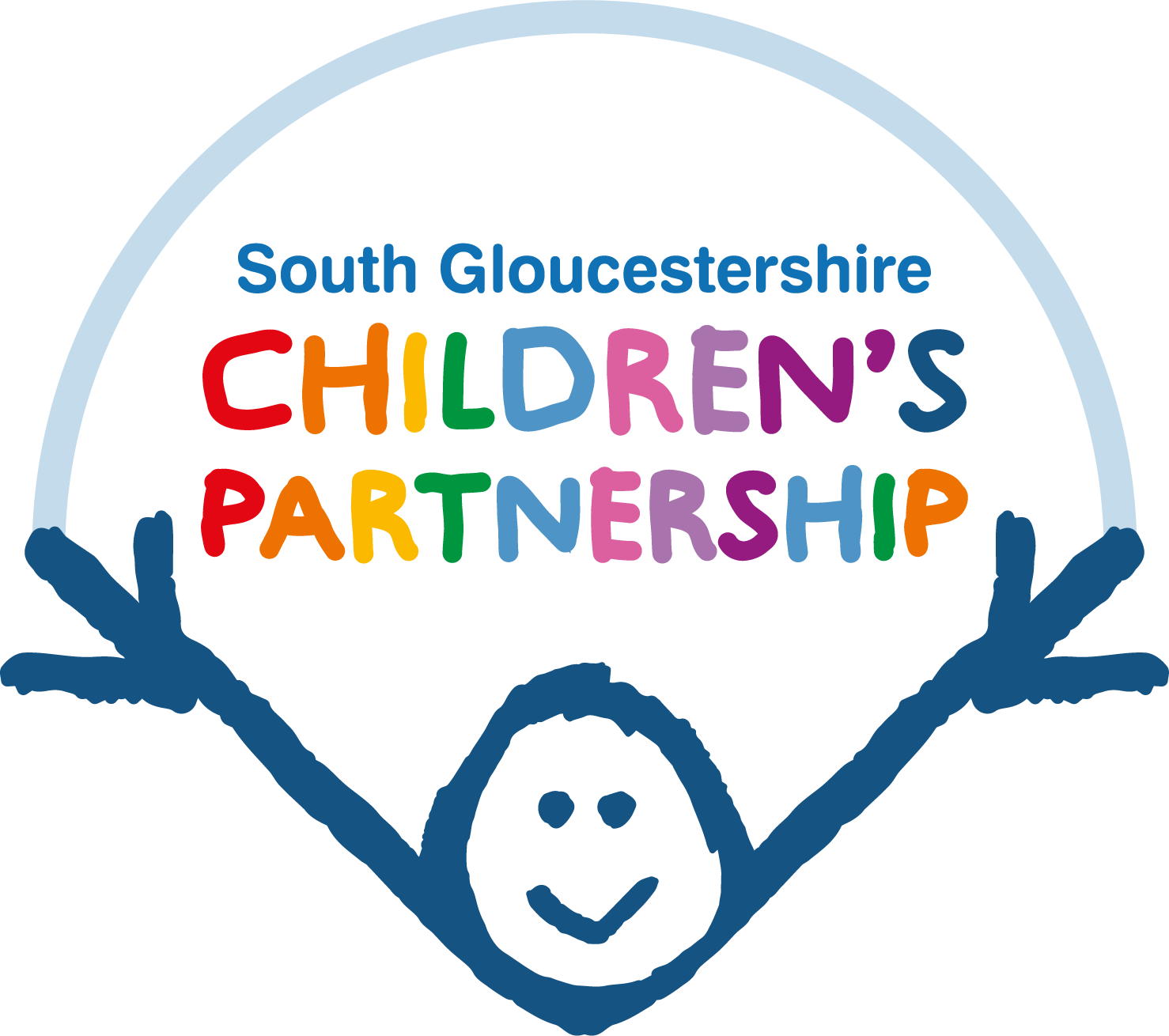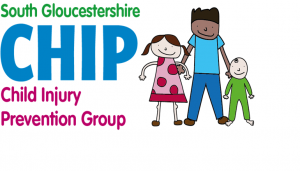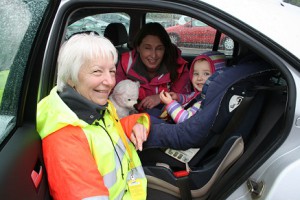Child injury prevention
Unintentional injuries in and around the home are one of the leading causes of serious harm, disability and preventable death in young children in the UK. Raising awareness of potential hazards and reducing unintentional injuries remains a priority for public health.
Injuries in childhood can have a lifelong impact on both the child and their family. Simple steps which can be a part of everyday life and an awareness of the risks can help to prevent them.
More information on preventing children suffering unintentional injuries can be found on
Baby and toddler safety – NHS (www.nhs.uk)
What to do if your child has an accident – NHS (www.nhs.uk)
Accidents to children – RoSPA and
Child Accident Prevention Trust | A safer world for all our children (capt.org.uk)
Related topics
Burns and scalds are damage to the skin caused by heat. Both are treated in the same way. A burn is caused by dry heat such as an iron or fire, and a scald is caused by something wet, such as hot water or steam. For detailed information on how to prevent children from being burnt or scalded and how to avoid bath water scalds please visit the following websites:
- Burns and scalds – NHS (www.nhs.uk)
- Burns and scalds – Prevention – NHS (www.nhs.uk)
- Baby and toddler safety – NHS (www.nhs.uk)
- Burns and scalds | Child Accident Prevention Trust (capt.org.uk)
- Home – Children’s Burns Trust (cbtrust.org.uk)
New rules for car seat safety came into force in February 2017, for more information please visit
https://www.gov.uk/government/news/new-child-car-seat-rules-no-change-for-existing-booster-seats
Child in car safety checks
Every week children are injured due to ill-fitting child car seats. It is vital that parents ensure that children are securely fitted into child seats or seat belts on every journey.
Our road safety team, are happy to check your child car seat is fitted correctly, for further details and to book your FREE appointment please contact roadsafetyeducation@southglos.gov.uk
Children, particularly those aged from one to five, often put objects in their mouth. This is a normal part of how they explore the world. Some small objects, such as marbles, beads and button batteries, are just the right size to get stuck in a child’s airway and cause choking. For more information on how to prevent choking and how to help a choking child please visit the websites listed below:
Falls are the most common cause of unintentional injury among children. Many children may stumble whilst learning to walk but serious injuries can have lifechanging consequences, it’s important to consider how quickly children develop and start to explore. As more injuries happen in the home than any other setting, there are lots of things you can do to reduce the risk to your child from falling.
For information on how to prevent falls in the home please visit the following websites:
The Lullaby Trust advise the tips below for a safer sleep
THINGS YOU CAN DO:
- Always place your baby on their back to sleep
- Keep your baby smoke free during pregnancy and after birth
- Place your baby to sleep in a separate cot or moses basket in the same room as you for the first 6 months
- Breastfeed your baby, if you can
- Use a firm, flat, waterproof mattress in good condition
THINGS TO AVOID:
- Never sleep on a sofa or in an armchair with your baby
- Don’t sleep in the same bed as your baby if you smoke, drink or take drugs or are extremely tired, if your baby was born prematurely or was of low birth-weight
- Avoid letting your baby get too hot
- Don’t cover your baby’s face or head while sleeping or use loose bedding
There is a wealth of safer sleep advice on the Lullaby Trust on many aspects of sleeping.
Sudden infant death syndrome (SIDS) – sometimes known as ‘cot death’ – is the sudden, unexpected and unexplained death of an apparently healthy baby.
In the UK, over 200 babies die suddenly and unexpectedly every year. This statistic may sound alarming, but SIDS is rare and the risk of your baby dying from it is low.
Guidance on how to prevent SIDS can be found at Sudden infant death syndrome (SIDS) – NHS (www.nhs.uk) and What is sudden infant death syndrome (SIDS)? – The Lullaby Trust
ICON – Babies cry, you can cope
ICON is all about helping people who care for babies to cope with crying. When babies cry it can be stressful and overwhelming. Help is out there, all you need to do is ask, speak to your midwife, GP or health visitor. A wealth of information and support can be found at Home – ICON Cope.
Remember Infant crying is normal, Comforting methods can help, It’s OK to walk away, Never, ever shake a baby.
- South Gloucestershire Council Road Safety offer a full range of sessions for all ages and abilities, for further information please contact roadsafetyeducation@southglos.gov.uk
- South Gloucestershire Council offer cycle training for young people, please contact Cycle.Training@southglos.gov.uk
- THINK! Education includes a wealth of road safety information and resources for pupils, teachers and parents.
Babies and young children don’t have the control that adults have over their bodies. They can wriggle and squirm but it is harder for them to move out of a dangerous situation. The below websites give information on how to prevent suffocation and strangulation from happening.
- Strangulation | Child Accident Prevention Trust (capt.org.uk)
- Suffocation | Child Accident Prevention Trust (capt.org.uk)
- Baby and toddler safety – NHS (www.nhs.uk)
Baby Slings
Baby slings have become an increasingly popular choice for parents, who wish to keep their babies close. The Royal Society for the Prevention of Accidents highlight some guidelines called TICKS for using slings and keeping babies safe. ticks.pdf (babyslingsafety.co.uk)
https://www.rospa.com/home-safety/advice/product/baby-slings
It is so important to practice safe bathing techniques, babies can drown in as little as 5cm of water.
Babies should be kept within arms’ reach whenever they are in water and never left unsupervised, not even for a moment, so it’s important to get everything you need ready before bath time. More information can be found at: Baby and toddler safety – NHS (www.nhs.uk)
Young children can be fascinated by water and learning to swim is an important life skill, as well as being great for their health and fitness. However, even the most competent swimmers should never be left unattended, and children should be supervised near any type of water at all times. Most incidents occur when no-one was planning to enter the water, so teaching your child how to ‘Float to Live’ in these situations is one of the most important factors to consider in water safety. The below websites give some tips to make sure their time in and around water is fun and safe.
The most common causes of unintentional poisoning injuries involve medicines and household chemicals. These products should be locked away or kept out of a child’s reach and sight. Consider where button batteries are in your home as these batteries can seriously hurt a child if swallowed and should always be kept out of a child’s reach.
More information can be found on the following websites:
- For information on product recalls: Product recalls | BETA – South Gloucestershire Council (southglos.gov.uk)
Support and advice for parents and carers
There are six children’s centres in South Gloucestershire offering a free range of services, information and support to families with children aged 0-5 in a friendly and welcoming environment. There are a range of services such as parenting and breastfeeding support to help finding groups, services, and activities in the local area. More information can be found on the Children’s centres website or by following their facebook page South Gloucestershire Children’s Centres | Facebook


